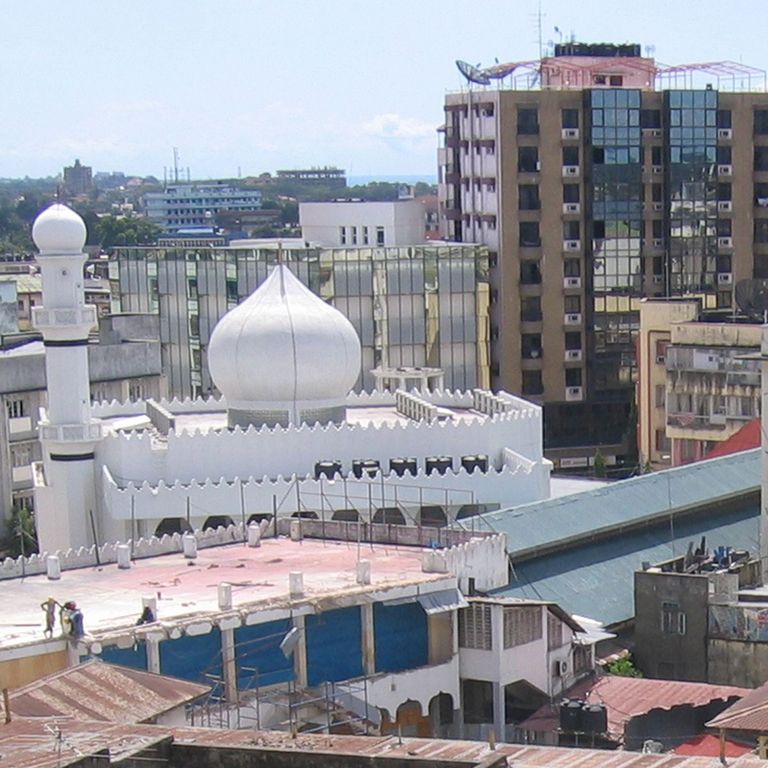

Urban Health
By 2050, 68% of the world's population is projected to be urban. Cities are magnets for people uprooted from rural areas, who hope to find a better livelihood in the city - with far-reaching consequences for overburdened health services. Swiss TPH studies the health effects caused by urbanisation - in low-income settings in Africa as well as in wealthy countries in Europe. Experts investigate environmental exposures such as noise or air pollution, they help to improve water and sanitation facilities or study the often fatal co-occurence of infectious and chronic diseases.
Double Burden of Disease
City dwellers in low-income countries are exposed to a double risk. Air pollution leads to respiratory diseases and many middle-class people suffer from 'diseases of civilisation' like diabetes or heart diseases. At the same time, the 'classical' infectious diseases remain, and are rapidly propagated. Urban irrigation schemes are ideal breeding grounds for mosquitoes transmitting malaria, the lack of clean drinking water is the cause of diarrhoeal disease and the complex socio-cultural environment of the city makes it an area of high risk for infection with HIV and tuberculosis.
Key Projects


Better Hearts Better Cities
Cardiovascular diseases take almost 18 million lives per year, with three-quarters of these deaths occurring in low- and middle-income countries. Working with local authorities and partners from different sectors, the Novartis Foundation’s Better Hearts Better Cities initiative addressed hypertension in three major cities on three different continents (Ulaanbaatar, Mongolia; Dakar, Senegal; and São Paulo, Brazil) with the aim to demonstrate the value of a multidisciplinary, sustainable approach to improve cardiovascular health outcomes in low-income urban populations. Read more
Nutrition in City Ecosystems
The Nutrition in City Ecosystems (NICE) project links the demand and supply sides of food systems, engages women and youth - including through social business models - and builds local governance capacity, initially in two secondary cities each in Bangladesh, Kenya and Rwanda. It focuses on increasing production and demand for local, diverse, agroecologically produced food, and making food value chains more nutrition-sensitive to contribute to better health. Read more
EXPANSE: Exposome Powered Tools for Healthy Living in Urban Settings
The main objective of the EXPANSE project is to address one of the most pertinent questions for urban planners, policy makers and residents in Europe: “How to maximise one's health in a modern urban environment”. EXPANSE will translate its findings and innovations into research and dissemination tools that will be openly available through the EXPANSE toolbox. Read more